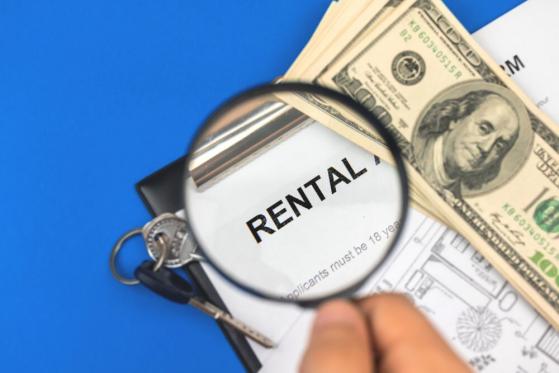Saving Advice - For many property owners, the idea of taking a property you’re not using and generating income from it is often appealing. However, renting out your property is a complex undertaking, and there are situations where it may not be the best move. Before renting out your property, here are five key factors to consider.
1. Local Law
Local laws regarding rentals can vary dramatically, and what’s mandated may influence whether renting out your property is ultimately a smart move. Review landlord-tenant legislation in your area and consider consulting with an attorney to gain clarity.
Additionally, you may need to check other sources of potential rules you may need to follow. For example, homes that fall under a homeowners’ association (HOA) or similar organization may be subject to requirements or restrictions that impact whether you can rent out a property. Failing to comply with those rules can come with stiff penalties, so it’s best to check them for any mandates in advance.
2. Local Rental Demand
The demand for rentals in your local area plays a significant role in your income potential. If demand is high, you can likely find a renter quickly and secure top dollar for the property. When demand is low, you may struggle to locate a suitable tenant, and you might have to accept less rent than you’d like.
By examining local rental demand, you can gauge the market in your area. Make sure you aren’t overly broad in your analysis, too. Demand and average prices can vary significantly over a seemingly small region. As a result, it’s best to focus on a limited area to see if demand in the specific neighborhood (or even an individual street or block) is high enough to make renting out your property quickly and lucratively a possibility.
Additionally, try to factor in the potential monthly rent price for your property during the assessment. Demand may vary based on the price point, so don’t use an overall average figure, especially if the rent you’re planning to charge is far higher or lower than what’s typical in the area.
3. Vacancy Periods
In some areas where interest in rental properties is incredibly high, properties don’t sit empty for long. However, many locations don’t have enough demand to shift from one tenant to the next right away when the first chooses to move out. As a result, the property may sit empty for weeks or months, leaving you with a period where it isn’t generating income.
Similarly, you may need to include vacancy periods to prepare properties for new tenants. If you need to make repairs or updates, those might need to occur before a new tenant moves into the property. If so, then you have a vacancy period where you’re also dealing with additional expenses.
Usually, you want to research average rental vacancy rates in your area to determine the likelihood of periods without a renter and the typical length of time it’ll sit empty. That way, you don’t incorrectly assume that your property will generate income every month if some vacancy period is common in your location.
4. Property Desirability
Even if demand is high in your local rental market, that doesn’t automatically mean renters are interested in your specific property. You need to consider whether the property has features that are considered desirable by renters. Additionally, you have to be honest about any drawbacks that could cause hesitation on the part of potential lessees. Otherwise, you may overestimate the desirability.
The level of interest in your particular property can also influence what’s a suitable monthly rent price. Highly desirable properties can typically command higher prices than those with fewer in-demand features or that have clear downsides. As a result, you have to factor in appeal when estimating your earning potential to find an accurate figure.
5. Associated Costs
When people think about renting out a property, they usually focus on the monthly rent they’d secure. As a result, it’s common to overlook expenses that chew into those earnings, and those costs can make renting out a property far less profitable than some would expect.
Property maintenance, insurance, and taxes are all part of the equation. Additionally, you may have expenses related to property management, including hiring a property manager or advertising a vacancy. There might also be legal costs associated with drafting lease agreements, handling disputes, collecting back rent, or moving forward with an eviction. Further, you need to account for any income taxes associated with the earnings.
There could be other expenses associated with renting out your property, too. As a result, you need to spend time assessing everything you’d have to pay and comparing that figure to your income potential to ensure moving forward is financially wise.
Do you know of anything else you’d want to consider before renting out your property? Have you rented out a property before, and do you have any tips that could help others? Share your thoughts in the comments below.
This article was originally published on Saving Advice
